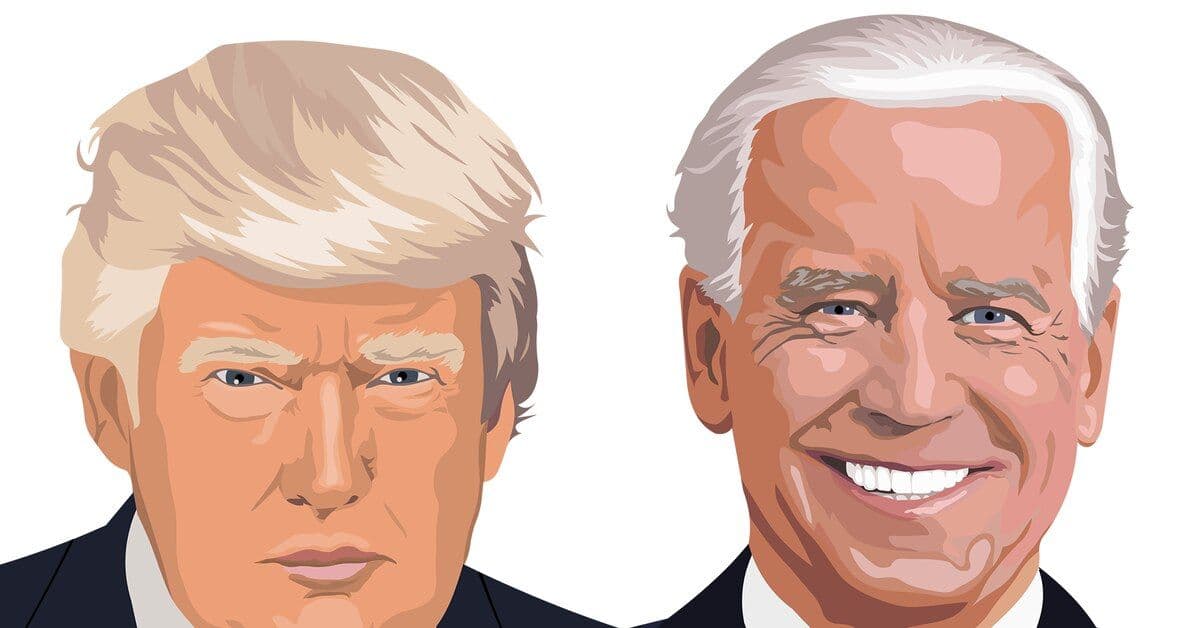FTX Founder Sam Bankman-Fried Gets 25-Year Sentence for Fraud
Sam Bankman-Fried sentenced to 25 years for FTX fraud, ordered to pay $11B. A wake-up call for crypto, highlighting the need for integrity.

In this article, we delve into the downfall of Sam Bankman-Fried, the once-celebrated founder of the cryptocurrency exchange FTX. Last Thursday, the crypto mogul faced a stark reality as he was sentenced to 25 years in prison by a Manhattan federal court. This sentence comes as a conclusion to the saga of one of the most significant fraud cases in the digital asset space, marking a significant deviation from the 40 to 50 years requested by federal prosecutors, yet far exceeding the leniency his defense sought.

Sam Bankman-Fried ‘s Downfall: A Risk to Future Integrity
Judge Lewis Kaplan, addressing the court, highlighted the potential future risks posed by Bankman-Fried, stating, “There is a risk that this man will be in position to do something very bad in the future.” Kaplan’s remarks underscored the gravity of Bankman-Fried’s actions, which not only destabilized his own enterprises, FTX and Alameda Research, but also shook the very foundations of the cryptocurrency market.
Notably, Kaplan critiqued Bankman-Fried for his lack of remorse, emphasizing an unsettling absence of accountability despite the staggering scale of his crimes. This absence was felt not only in his interactions with the legal system but also in his portrayal during the trial, where Kaplan noted Bankman-Fried’s evasive and at times misleading testimony.
A Fall From Grace
Sam Bankman-Fried’s contrite stance at sentencing, where he attributed the loss of billions to a “liquidity crisis” and “mismanagement,” rather than outright fraud, did little to sway the court’s judgment. His apology, while acknowledging the disappointment and detriment caused to many, seemed overshadowed by his actions and the subsequent fallout that affected thousands globally.
Assistant U.S. Attorney Nicolas Roos and Sam Bankman-Fried’s attorney, Marc Mukasey, presented contrasting views on the nature and implications of Bankman-Fried’s actions, with Roos emphasizing the deliberate and global impact of his fraud, and Mukasey highlighting his client’s psychological challenges and character in a bid for leniency.
The Broader Implications Sam Bankman-Fried ‘s Sentencing
The sentencing of Sam Bankman-Fried sends a ripple through the cryptocurrency world, underscoring the vulnerabilities and regulatory challenges within this burgeoning industry. Victims like Sunil Kavuri, who spoke of the profound personal and financial toll, remind us of the human cost behind the headlines.
Statements from Manhattan U.S. Attorney Damian Williams and Attorney General Merrick Garland post-sentencing reiterated the message that financial crimes, especially those masked by technological complexity and innovation, will not go unpunished.
As Sam Bankman-Fried prepares to appeal his conviction and sentence, the broader conversation about the need for transparency, regulation, and ethical leadership within the crypto industry continues. His case serves as a cautionary tale of how quickly innovation and ambition can cross into ethical and legal transgressions, leaving a trail of devastation in their wake.
Looking Ahead
While Bankman-Fried’s story may be one of personal and professional ruin, it also acts as a critical juncture for the cryptocurrency industry. It prompts a reassessment of values, practices, and regulatory oversight to prevent such catastrophes from recurring. As we move forward, the crypto space finds itself at a crossroads between innovation and integrity, with the legacy of Bankman-Fried’s actions serving as a stark reminder of the path not to take.
In conclusion, the sentencing of Sam Bankman-Fried is not merely the end of a legal drama but a wake-up call to the crypto industry and its stakeholders. It is a moment to reflect on the principles that should guide the future of finance and technology, ensuring that ambition is always matched with accountability.





























